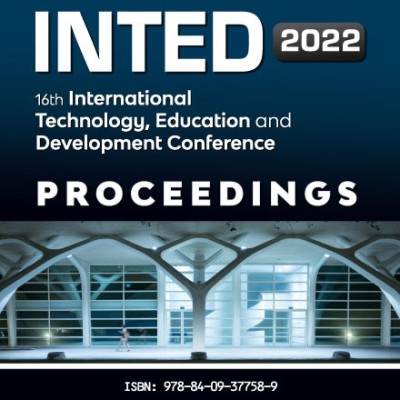
According to European statistics (2018): only 20-25% of students in European schools are taught by teachers who are confident with technology use, while 43% of Europeans lack basic digital skills, and about 71 million students need to develop their skills for the digital society. This shows how lifelong learning still remains one of the fields where Europe falls behind, notwithstanding the support of technology use and digital competence in education being the key aspect of the Digital Education Action Plan.
Moreover, different European countries demonstrate a particular variety regarding the situation in developing the e-learning system in adult education. In fact, based on Eurydice’s report (2015), the percentage of adults (25 - 64 years old) who participated in distance learning (formal or informal), an EU average rate of 2.2%, was, for example, 1.5% (-0,7) in Bulgaria, 4.9% (+2,7) in Spain, 1,5% (-0,7) in Italy and 0.7% (-1,5) in Romania (Eurostat data).
In Spain, the relatively high participation rate seems to reflect the efforts made by the Ministry of Education, Culture, and Sports (MECD). They have several complete distance learning programs funded with public funds. Whereas the corresponding registered data are much less encouraging in Bulgaria, Italy and Romania, despite different large-scale programs and private initiatives promoting e-learning training for adult education in action.
Nevertheless, neither the teachers nor students are prepared and equipped enough to produce a teaching and learning process that effectively engages the adults, who are, in most cases, immigrants.
In this context, a European project, "BoostClass 2.0", has been funded under the Erasmus Plus programme to define a common framework among the countries participating (Italy, Bulgaria, Romania and Spain) for the identification of a teaching and learning approach to promote and implement the integration of new technologies in adult education effectively.
In this paper, the authors intend to describe the activities realised and the outputs reached during the first project year and defined the main steps for the piloting phase in educational organisations and institutions in the adult sector.
Keywords: Technology, Lifelong Learning, Teaching, Learning.
How to cite this paper:
Tramonti, M., Dochshanov, A. M. (2022). Boosting Classes 2.0 for high-quality teaching in adult education. In INTED22 Proceedings (pp. 4119-4126). IATED.
 According to European statistics (2018): only 20-25% of students in European schools are taught by teachers who are confident with technology use, while 43% of Europeans lack basic digital skills, and about 71 million students need to develop their skills for the digital society. This shows how lifelong learning still remains one of the fields where Europe falls behind, notwithstanding the support of technology use and digital competence in education being the key aspect of the Digital Education Action Plan.
According to European statistics (2018): only 20-25% of students in European schools are taught by teachers who are confident with technology use, while 43% of Europeans lack basic digital skills, and about 71 million students need to develop their skills for the digital society. This shows how lifelong learning still remains one of the fields where Europe falls behind, notwithstanding the support of technology use and digital competence in education being the key aspect of the Digital Education Action Plan.